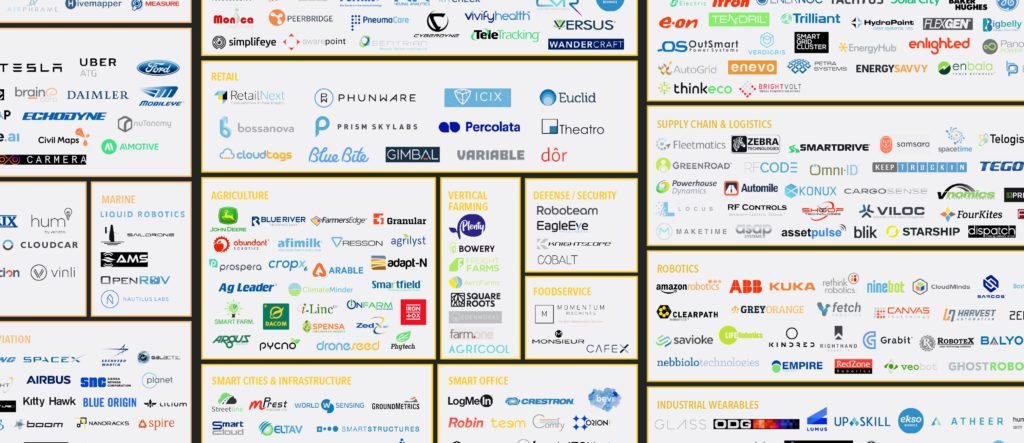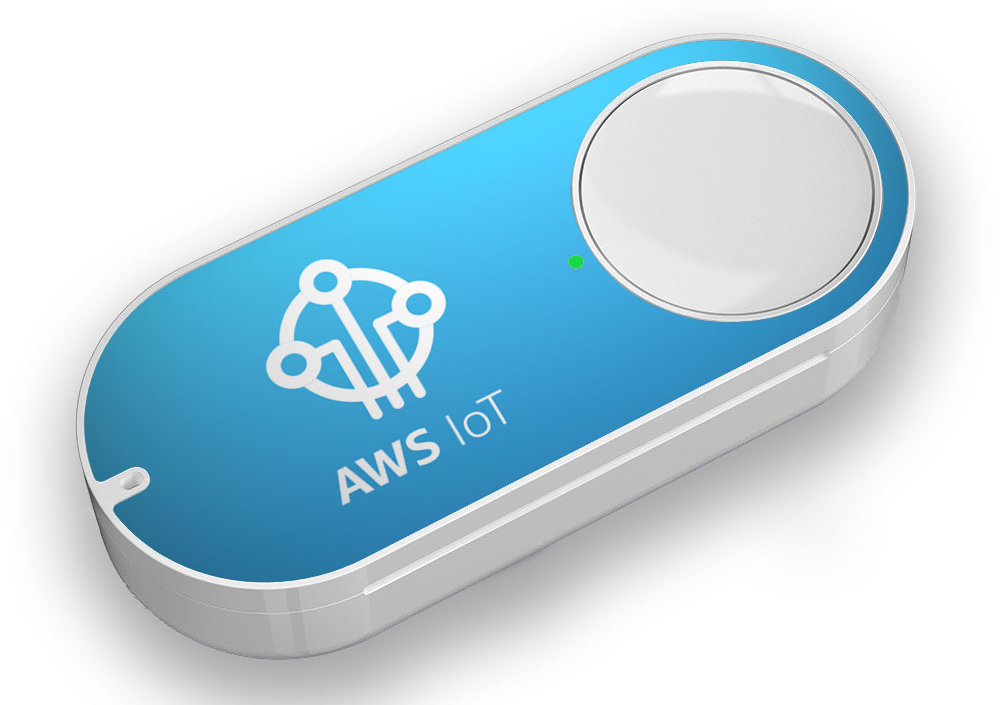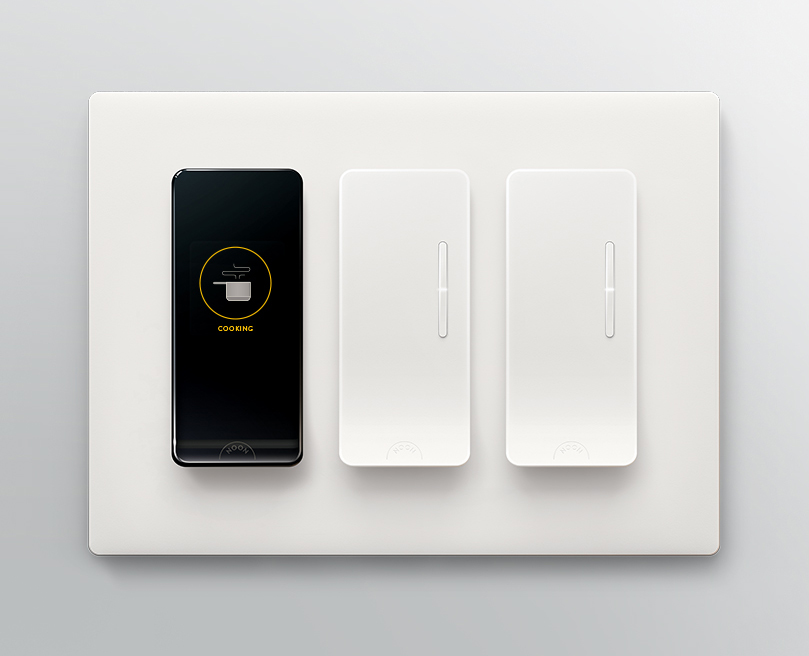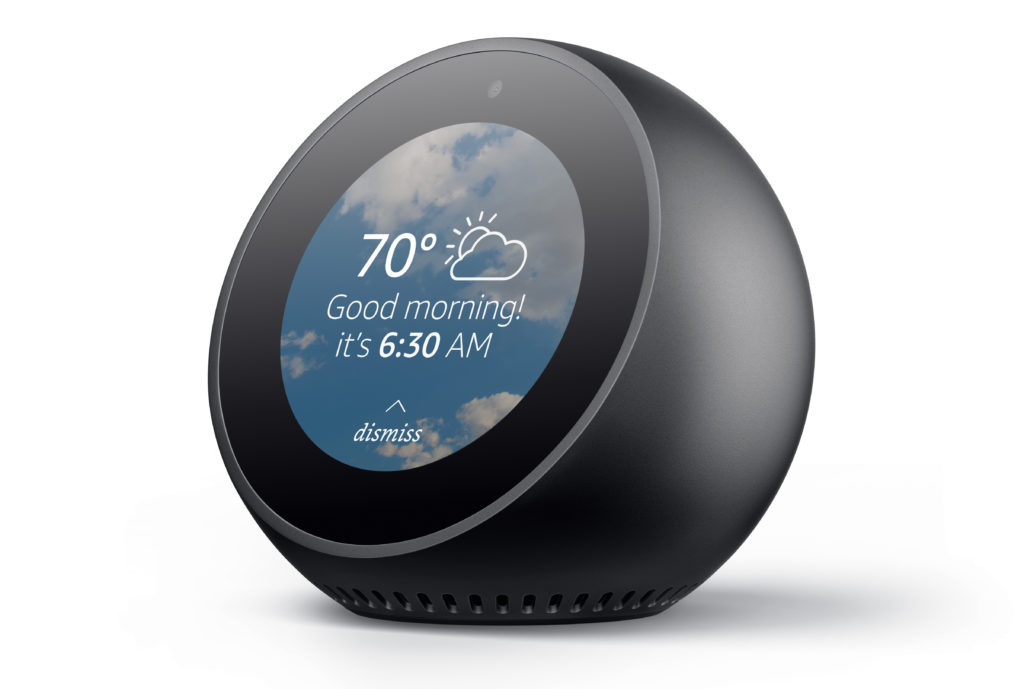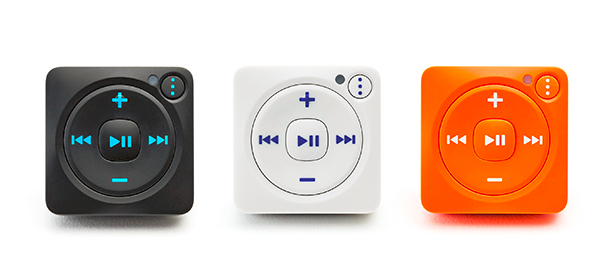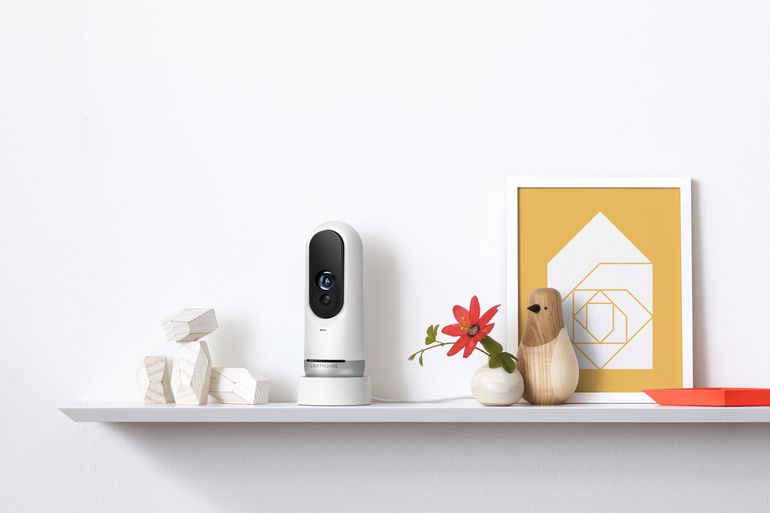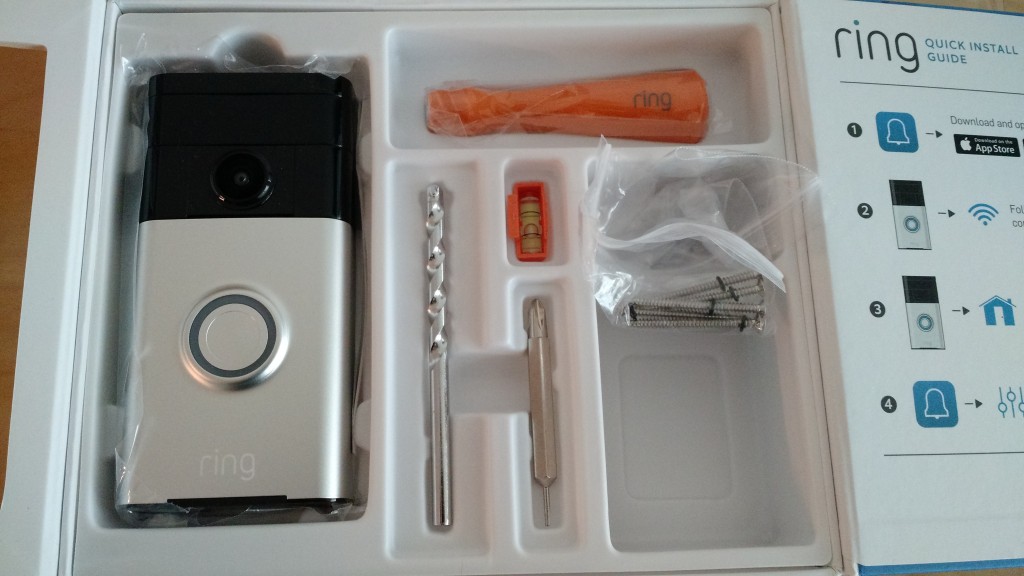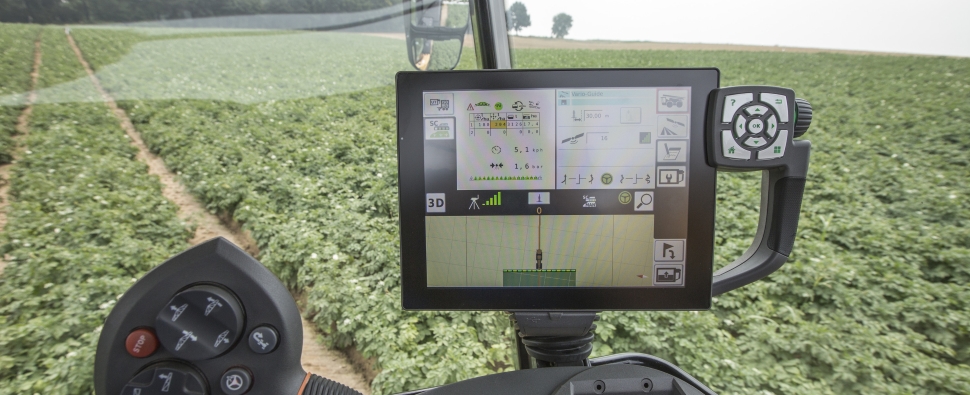There was a lot of smart home related news this week as Mozilla launched IoT gateway software, Apple’s HomePod reviews came out and Nest was folded into Google. Kevin and I discuss all of that, plus Netgear spinning out its Arlo home camera business and offering a 20 percent stake in an IPO, Amazon’s creepy wristband patent, Alexa at the Superbowl and some feature changes in popular devices. We also spend a lot of time talking about Apple’s health ambitions in light of a new study on detecting diabetes with the Apple Watch. We also answer a listener question about how to configure their Echo for Drop-In calls.
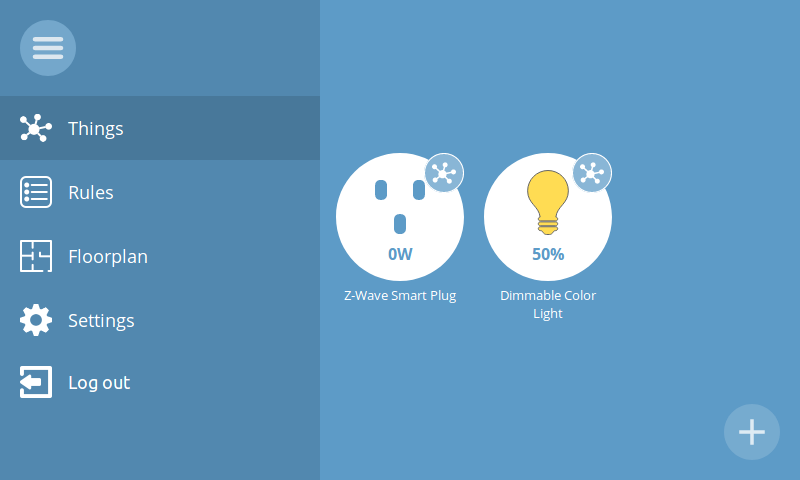
For the enterprise minded, we bring in Bruce Chatterley, the CEO of Senet, to talk about LoRa networks and offer some use cases in the smart city, enterprise and residential setting. I learned some new things, including efforts to allow roaming onto LoRa networks. Chatterley also brought up a new business model and said that new partners mean that Semtech no longer holds all the cards when it comes to LoRa networks. Enjoy the show.
Hosts: Stacey Higginbotham and Kevin Tofel
Guest: Bruce Chatterley, CEO of Senet
Sponsors: PointCentral and Renesas
- Grab your Pi and order a Z-wave dongle for Mozilla’s new IoT software
- What does Nest going into Google mean for consumer hardware?
- Kevin bought a WeMo HomeKit Bridge
- LoRa, what is it good for?
- Could you IoT devices one day roam?
Podcast: Play in new window | Download | Embed
Subscribe: RSS

